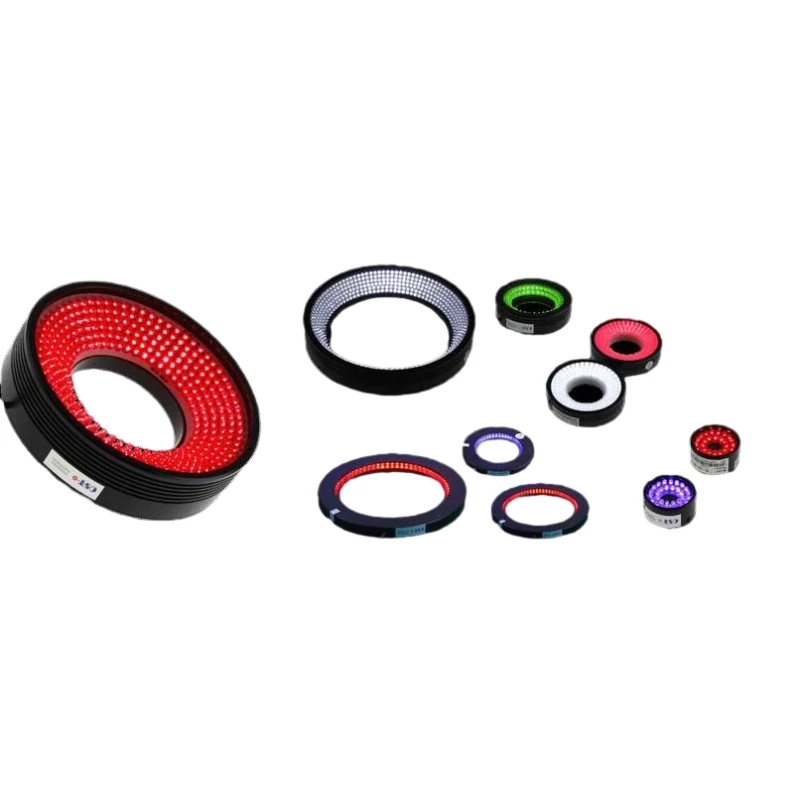Jan . 22, 2025 01:39 Back to list
escáner de medición láser 3d


Trustworthiness is a crucial component in industrial applications, and 3D laser scanners have proven their dependability. Construction firms utilize these devices extensively for site surveying and structural analysis. A construction giant successfully employed a 3D laser scanner to assess a century-old bridge, ensuring its integrity and safety without compromising structural components. This case underscores the scanner's ability to perform in situ analyses accurately, reinforcing stakeholders' confidence in its trustworthy operation. One must not overlook the environmental advantages presented by 3D laser measurement technology. By precise mapping and modeling of terrain and vegetation, these scanners contribute to environmental conservation efforts. Their ability to generate detailed topographical maps assists ecologists in monitoring ecosystem changes over time, making a compelling case for their role in sustainable development efforts. Further showcasing their versatility, 3D laser measurement scanners have bolstered advancements in cultural heritage preservation. Museums and archaeological sites employ these devices to capture and archive digital replicas of artifacts and monuments. This ensures the protection and conservation of invaluable historical data, allowing future generations to have access to their cultural heritage through digital means. In conclusion, the capabilities of the 3D laser measurement scanner illuminate its indispensable role across multiple sectors. With unwavering precision and reliability, these devices enhance processes, inspire innovation, and ensure accuracy in diverse applications. Their adoption marks a shift towards more informed, data-driven decisions in professional practices, underscoring their importance in the ever-evolving landscape of technology. Thus, the 3D laser measurement scanner stands as a testament to cutting-edge technology that empowers industries, supports innovation, and fosters sustainability.
-
Why Steel Mills Rely on FODA’s High-Temperature Cylindrical Roller Bearings?
NewsApr.10,2025
-
What is a Plain Bearing? A Complete Guide to Design & Functionality
NewsApr.10,2025
-
Thrust Ball Bearings vs. Tapered Roller Bearings: FODA’s Performance Comparison
NewsApr.10,2025
-
The Engineering Behind FODA Thrust Ball Bearings: Precision for High-Speed Applications
NewsApr.10,2025
-
No More Compromises: Get Precision-Engineered Custom Bearings Tailored to Your Exact Specifications
NewsApr.10,2025
-
In-Depth Analysis: Application Differences of Different Types of Angular Contact Ball Bearings
NewsApr.10,2025
Products categories
















